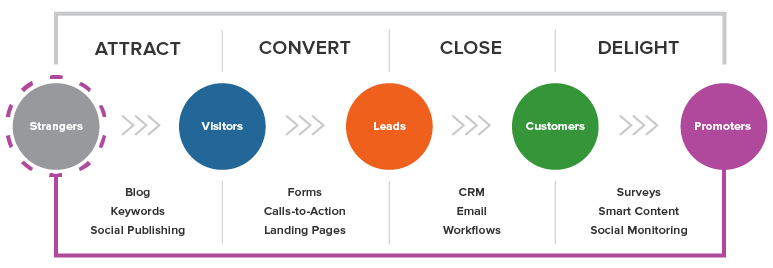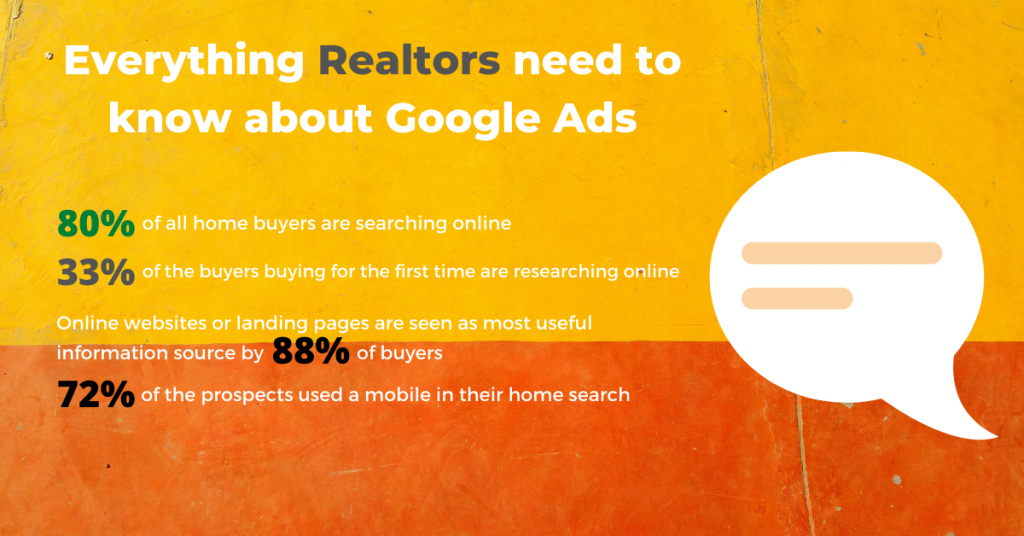Whether you’re an old school realtor, new real estate professional, or have years of experience, it’s never been more important to know how to get real estate leads online without wasting your time cold calling.
You want warm hot leads that are ready to make a move, right?
Traditionally, realtors favored buying lists of contacts, picking up the phone, and cold calling.
While there’s nothing wrong with traditional outbound marketing methods, there are plenty more ways to get leads in the digital age.
Real estate agents can use search engines, social media, blogs, videos, and other online channels to attract, engage, and nurture leads.
In this article, you’ll discover the ways to generate leads for your business and bring more customers through the door.
Lead generation is a marketing term that describes the process of attracting and converting a prospect into someone who’s interested in your products or services. For a real estate business, that would be someone who’s interested in using your services to rent, buy or sell their house.
There are two categories for generating leads: inbound and outbound.
Inbound marketing is a way of attracting people to your business through the creation and promotion of related content and incentives. It’s the modern, digital way of marketing. Typical inbound activities include content marketing, social media marketing, search engine optimization (SEO), and advertising.
As you can see in the diagram below, generating leads comes right in the middle of the inbound marketing methodology:

A successful lead generation system uses both inbound and outbound marketing to attract prospects and convert them into leads before they become customers.
No matter which way you’re generating leads, It’s important to tailor your activities to each prospect as they progress through the three main stages of their customer journey:

Depending on your marketing activity, you’ll capture leads in a variety of ways. For instance, people could be filling out printed forms at events like open houses, or they might complete an online form to request further information about your services or a specific property.
Whatever the situation, it’s important to consolidate all those leads into one system where you can track progress. Use a real estate Customer Relationship Management (CRM) tool to manage and follow up with leads in one place.
This method is old and still relevant in some or the other way,
To drive more ready-to-buy traffic straight to your listing pages, try running targeted Google Ads campaigns (formerly called AdWords) in which the ads include the address and neighborhood of the home. Link the ad directly to your listing page.
This way, you’re only paying for interested shoppers to click through to your landing page. Include a click-to-call link within the landing page and count those clicks as conversions for your real estate advertising campaign.
Target your Google Ads to a specific city or zip code level when it makes sense to do so.

Set up a Facebook business page to share high-value content. Show your audience a more transparent and authentic side of the business, while highlighting why they should work with you instead of competitors.
Remember, just having a Facebook presence for your real estate business isn’t enough. Differentiate the page by posting video testimonials and reviews. Younger generations seek social proof, so try to capture video testimonials and reviews of your clients’ experiences to solidify your standing in social media.
Facebook ads offer Realtors a powerful toolkit of audience targeting potential. Of course, the regular demographics (geography, age, gender, etc.) are available, but that’s only the tip of the iceberg.
Facebook provides data on actual homeowners, their income brackets, their likeliness of having credit card debt, and the price of their purchased property. So, you can tailor ads that serve them specifically.
Start simple.
Know who your audience is and speak to them. Understanding your audience is the key to reaching them. Don’t try to be all things to all people. Avoid creating generic marketing messages that pass by without a glance.
So, how do you do define your core audience?
People want to feel like they are being spoken to directly. By knowing who your audience is for the particular message you want to send, you can get the leads you want to capture because it will resonate with the right audience.
Answer these audience narrowing questions:
Answering these questions will help you create meaningful marketing messages that will be effective across your whole marketing ecosystem.
Quantity is what most of the realtors look for but quality of leads matters when you want some serious conversions.
But how do you define quality?
Quality is defined by the extra parameters you ask when you capture the leads like budget, configurations (1 BHK, 2 BHK, etc), profession, these things will you to evaluate how easy it would be to close this lead.
Consistency is key, you need to be consistent with your lead generation to have good pipeline.
You need to be consistent with your data management, you need to have a proper system where you should have collated data and can work with it anytime.